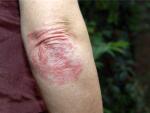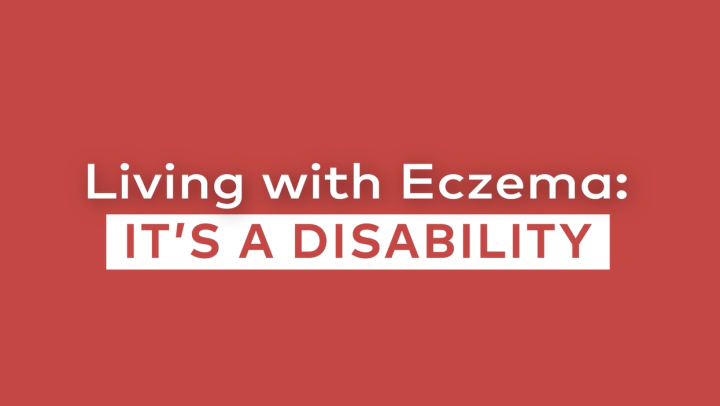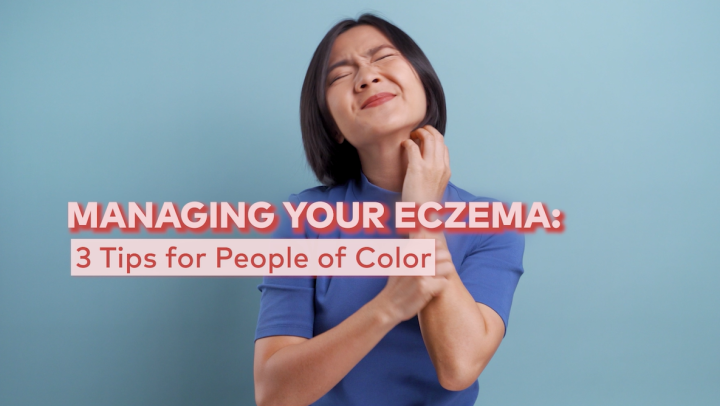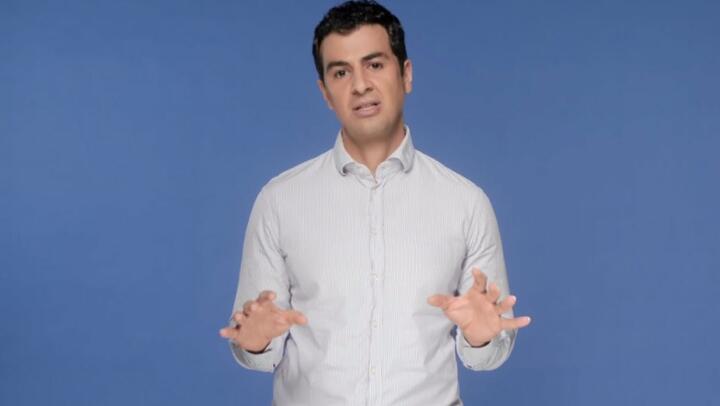11 Conditions That Can Affect Your Hair and Scalp

Medically Reviewed By William C. Lloyd III, MD, FACS
Written By Jennifer Larson on March 24, 2021
-
 What conditions are affecting your hair and scalp?Your hair says a lot about you. Your choice of hairstyle can tell other people if you’re adventurous or maybe a little more reserved. But the overall state of your hair can also give a little insight into your health and well-being. A number of health conditions can affect your hair and scalp health and appearance. If you’re noticing some unusual or unexpected hair thinning or hair loss, it might be worth investigating the possible cause. Once you know why it’s happening, you and your doctor can explore the best possible treatment options.
What conditions are affecting your hair and scalp?Your hair says a lot about you. Your choice of hairstyle can tell other people if you’re adventurous or maybe a little more reserved. But the overall state of your hair can also give a little insight into your health and well-being. A number of health conditions can affect your hair and scalp health and appearance. If you’re noticing some unusual or unexpected hair thinning or hair loss, it might be worth investigating the possible cause. Once you know why it’s happening, you and your doctor can explore the best possible treatment options. -
 1. AlopeciaAlopecia areata is an autoimmune disease that causes hair loss. Essentially, your body’s immune system turns on your hair follicles, bombarding them with intense inflammation until your hair falls out. It’s more common than you might realize, as it affects nearly 7 million people in the United States. And it typically develops early–in childhood. It can vary, too; some people only experience patchy hair loss, while others lose much more hair.
1. AlopeciaAlopecia areata is an autoimmune disease that causes hair loss. Essentially, your body’s immune system turns on your hair follicles, bombarding them with intense inflammation until your hair falls out. It’s more common than you might realize, as it affects nearly 7 million people in the United States. And it typically develops early–in childhood. It can vary, too; some people only experience patchy hair loss, while others lose much more hair. -
-
 2. PsoriasisPsoriasis, which causes red patches or silvery plaques to develop on the skin, can also develop on the scalp–and it can cause hair loss. The good news: hair loss associated with scalp psoriasis is usually temporary. On the other hand, if you don’t address the psoriasis with an effective treatment, the plaques can cause scarring, which can lead to permanent hair loss in some situations.
2. PsoriasisPsoriasis, which causes red patches or silvery plaques to develop on the skin, can also develop on the scalp–and it can cause hair loss. The good news: hair loss associated with scalp psoriasis is usually temporary. On the other hand, if you don’t address the psoriasis with an effective treatment, the plaques can cause scarring, which can lead to permanent hair loss in some situations. -
 3. Family HeredityYour family tree may provide insight to your hair loss. If you have a receding hairline, and your hair is thinning over the crown of your head, you’re experiencing a classic case of male-pattern baldness. For women, female-pattern baldness tends to cause overall thinning or a widening part. But both of them can be chalked up to a genetic link or family history of this type of hair loss, which is also called androgenetic alopecia. It’s the most common cause of hair loss.
3. Family HeredityYour family tree may provide insight to your hair loss. If you have a receding hairline, and your hair is thinning over the crown of your head, you’re experiencing a classic case of male-pattern baldness. For women, female-pattern baldness tends to cause overall thinning or a widening part. But both of them can be chalked up to a genetic link or family history of this type of hair loss, which is also called androgenetic alopecia. It’s the most common cause of hair loss. -
 4. MenopauseSome women notice some hair loss symptoms around the time that menopause begins. In fact, it’s very common to begin experiencing some hair thinning around menopause. And if you’re a woman with a family history of hair loss, you might experience a higher degree of hair thinning.
4. MenopauseSome women notice some hair loss symptoms around the time that menopause begins. In fact, it’s very common to begin experiencing some hair thinning around menopause. And if you’re a woman with a family history of hair loss, you might experience a higher degree of hair thinning. -
 5. StressAnother condition that can affect the hair and scalp is stress. You might notice that your hair is thinning over your entire scalp, or you may lose hair in certain areas. A stressful event or sudden shock can cause your hair to get thinner in the weeks and months afterward, but so can ongoing stress. Devote some time to identifying the most likely causes of your elevated stress levels–and some possible strategies for reducing them.
5. StressAnother condition that can affect the hair and scalp is stress. You might notice that your hair is thinning over your entire scalp, or you may lose hair in certain areas. A stressful event or sudden shock can cause your hair to get thinner in the weeks and months afterward, but so can ongoing stress. Devote some time to identifying the most likely causes of your elevated stress levels–and some possible strategies for reducing them. -
-
 6. LupusHair loss is a common sign of the autoimmune disease known as lupus. Unfortunately, some of the medications used to treat or manage lupus can also make your hair brittle or more prone to falling out. The hair can grow back if no scarring develops on your scalp, even if your hair loss is widespread. If you have lupus and have noticed some hair loss, talk to your doctor about early treatment that can prevent or reduce that scarring.
6. LupusHair loss is a common sign of the autoimmune disease known as lupus. Unfortunately, some of the medications used to treat or manage lupus can also make your hair brittle or more prone to falling out. The hair can grow back if no scarring develops on your scalp, even if your hair loss is widespread. If you have lupus and have noticed some hair loss, talk to your doctor about early treatment that can prevent or reduce that scarring. -
 7. TrichotillomaniaThe irresistible urge to pull hair out of your scalp—or other parts of your body—is a chronic mental health condition called trichotillomania. When you pull out enough hair from your head, it can leave bald patches. Over time, if not addressed, it can even lead to permanent hair loss. Many people who struggle with this condition also struggle with anxiety, depression, stress, or other disorders.
7. TrichotillomaniaThe irresistible urge to pull hair out of your scalp—or other parts of your body—is a chronic mental health condition called trichotillomania. When you pull out enough hair from your head, it can leave bald patches. Over time, if not addressed, it can even lead to permanent hair loss. Many people who struggle with this condition also struggle with anxiety, depression, stress, or other disorders. -
 8. Ringworm of the ScalpTinea capitis is a fancy way to say, “ringworm of the scalp.” It’s a fungal infection that can affect your hair shaft and scalp.Scaly patches develop on the scalp, causing the hair in the affected location to become fragile and brittle. Often, the hair will break off or fall out, causing bald spots. Antifungal medication can usually knock ringworm right out, but you’ll need to get a prescription from your doctor.
8. Ringworm of the ScalpTinea capitis is a fancy way to say, “ringworm of the scalp.” It’s a fungal infection that can affect your hair shaft and scalp.Scaly patches develop on the scalp, causing the hair in the affected location to become fragile and brittle. Often, the hair will break off or fall out, causing bald spots. Antifungal medication can usually knock ringworm right out, but you’ll need to get a prescription from your doctor. -
 9. EczemaAtopic dermatitis is a form of eczema, a condition that can make your skin super itchy. And yes, you can develop atopic dermatitis on your scalp. It might not affect your hair, but it can affect the appearance of your scalp. It tends to cause red, scaly patches to develop, and they’re responsible for that constant itching.
9. EczemaAtopic dermatitis is a form of eczema, a condition that can make your skin super itchy. And yes, you can develop atopic dermatitis on your scalp. It might not affect your hair, but it can affect the appearance of your scalp. It tends to cause red, scaly patches to develop, and they’re responsible for that constant itching. -
 10. Eating DisordersAn eating disorder like anorexia nervosa or bulimia nervosa can also cause a person’s hair to become dry and brittle, to get thinner overall, or to fall out. In fact, it’s one of a cluster of physical signs that experts suggest watching out for, including fluctuations in weight, brittle nails, dry skin, and dental problems. If you’re struggling with an eating disorder, ask your doctor for help–there are many resources available for you to get healthy.
10. Eating DisordersAn eating disorder like anorexia nervosa or bulimia nervosa can also cause a person’s hair to become dry and brittle, to get thinner overall, or to fall out. In fact, it’s one of a cluster of physical signs that experts suggest watching out for, including fluctuations in weight, brittle nails, dry skin, and dental problems. If you’re struggling with an eating disorder, ask your doctor for help–there are many resources available for you to get healthy. -
 11. Skin CancerIf you have a full head of hair, it might be easy to overlook a skin cancer developing on your scalp. But if your scalp is feeling itchy and you can’t figure out why, or you develop a lesion on your scalp that won’t go away, you might check with your dermatologist to rule out skin cancer.
11. Skin CancerIf you have a full head of hair, it might be easy to overlook a skin cancer developing on your scalp. But if your scalp is feeling itchy and you can’t figure out why, or you develop a lesion on your scalp that won’t go away, you might check with your dermatologist to rule out skin cancer.
Hair & Scalp Health | Hair loss
































